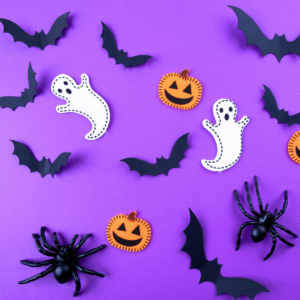The University of Washington Police Department is warning international students about a new scam email from a fake UW office that alleges that a student committed academic integrity violations.
The email is from a person who is not a real UW employee in the UW’s non-existent Academic Integrity Department and accuses the international student of multiple instances of plagiarism that could threaten their student visa status (see below for a copy of the message text).
This is a scam. If you receive this message, contact the University of Washington Police Department’s non-emergency number at 206-685-8973. Do not respond to the email, and do not disclose any personal information.
You may contact the UW International Student Services Office and the UW Community Standards & Conduct Office directly if you have questions about the legitimacy of any email messages you’ve received regarding academic misconduct. UW-IT can also assist in checking whether an email is legitimate. For UW-IT assistance, email help@uw.edu. Emails from UW offices generally come from uw.edu addresses.
This is the scam message the student received.
Subject: Immediate Attention Required – Academic Integrity Concerns
I hope this message finds you well. My name is Sarah Phillip, and I am the Agent of the Academic Integrity Department at the University of Washington.
Our department has identified serious concerns regarding instances of plagiarism in multiple courses you have undertaken during the following academic quarters: Autumn 2023, Winter 2023, Spring 2024, and Autumn 2024. Specifically, the courses EDUC 215, ECON 200, and ESRM 101 are under review for significant breaches of the university’s academic integrity policies.
As you are aware, the University of Washington maintains a strict commitment to academic honesty, and violations of this nature are considered serious. The findings of plagiarism in these courses not only jeopardize your academic standing but also put your F-1 visa status and I-20 documentation at risk of termination, which would result in expulsion from the university.
You are required to provide a comprehensive explanation and any supporting evidence regarding these incidents by no later than January 3, 2025. Failure to respond by this deadline will lead to a formal recommendation for expulsion.
Please contact this email immediately if you have any questions or require clarification regarding this matter. You may submit your response via email or in person to the Academic Integrity Department.
We urge you to treat this matter with the utmost seriousness.
Sincerely,
Sarah Phillip
Academic Integrity Department
University of Washington
